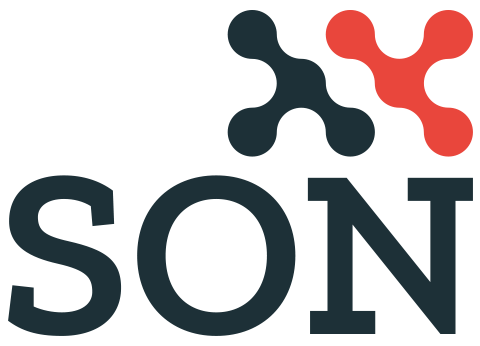
R-Nano declarations: time to ensure compliance
With every new year come obligatory R-Nano declarations. But what are they?
Nanoparticles possess innovative properties that could revolutionise the chemistry and healthcare of tomorrow. And yet, there are concerns about their use. It’s therefore crucial that the use of nanomaterials be closely monitored by public authorities to ensure utmost transparency across the board.
Since 2013, legislation in France has required an annual declaration to provide comprehensive nanomaterial traceability. This is the R-Nano declaration.
What is this system for?
First and foremost, it allows nanomaterials to be traced nationally.
This type of monitoring also allows data to be collated in order to improve our overall knowledge of nanoparticles. Ultimately, this helps to prevent and minimise potential risks.
Does this apply to me?
If you import, produce, or distribute more than 100 g of nanoparticles per year, regardless of the nature of your activity, you must make a declaration in the R-Nano register.
When, how, and where should the declaration be made?
Online at www.r-nano.fr, between 1st January and 1st May every year. Various details need to be specified, such as the designation of your nanomaterials, their quantity, their uses, and their recipients.
Supply chain cooperation:
The sooner you declare, the easier it is. Cooperation between producers, importers, and distributors ensures total traceability and a smoother process.
Then what? What can we do with it?
An annual report, which can be viewed at https://www.r-nano.fr, details the amounts declared. The data in the register may only be accessed for risk assessment purposes.
Transparency is crucial to ensuring trustworthy innovation.

